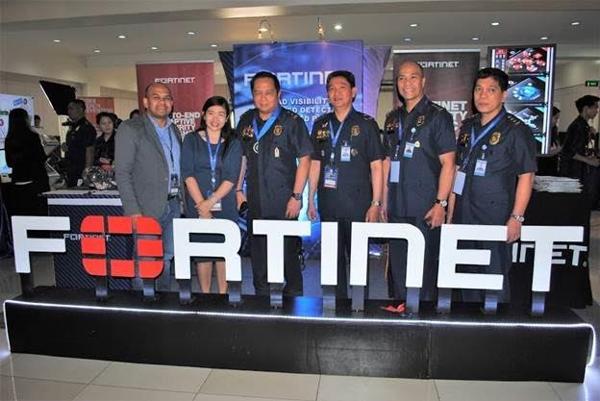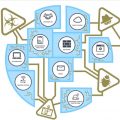As digital technologies continue to disrupt the cyberspace, Fortinet, a global leader in broad, integrated, and automated cybersecurity solutions, says that organizations must watch out for more varied and sophisticated cyber threats this year.

In the recently held 5th National Anti-Cybercrime Summit, spearheaded by the Philippine National Police – Anti-Cybercrime Group (PNP-ACG), Engr. Nap Castillo, Fortinet’s regional pre-sales consultant for Southeast Asia and Hong Kong, said that as business organizations and individuals increasingly rely on technology for their daily activities, they also expose themselves to many dangers lurking online.
“Users can easily fall prey to cybercrime, especially now that cybercriminals are using a wide range of approaches to snare their victims,” said Castillo. “As such, cybercrime today is no longer just a technology issue. It is turning into a serious economic problem that can impact the financial well-being of individuals, as well as the survival of organizations.”
PDIR Napoleon Taas, director and chief information officer of PNP and the guest speaker of the event, could not agree more. He noted that despite being in the long battle against cyber-criminality, the country remains vulnerable to cyberattacks. In fact, PNP-ACG revealed that in 2016, the country is also ranked 8th by experts as most vulnerable to attacks by malicious software or malware on mobile devices. The country also recorded around 16,000 malware attacks as of last year.
“The Philippines has now 67 million internet users. While this puts the country in a good spot, it also means that we are at risk of cyber threats posed by criminals,” said Taas.
To prevent these cyberattacks, Castillo said that it is important to deploy an intelligent and integrated layered defense, capable of detecting even unknown threats.
“Despite their efforts, most firms are not able to figure out the root causes of their infections, and are constantly getting re-infected. As such, they need to put in place more and better security controls in their devices, especially for mobile usage and peer to peer and proxy applications. Their security solutions must also evolve into expert systems built around integrated security technologies, actionable threat intelligence, and dynamically configurable and interactive security fabrics,” added Castillo.






